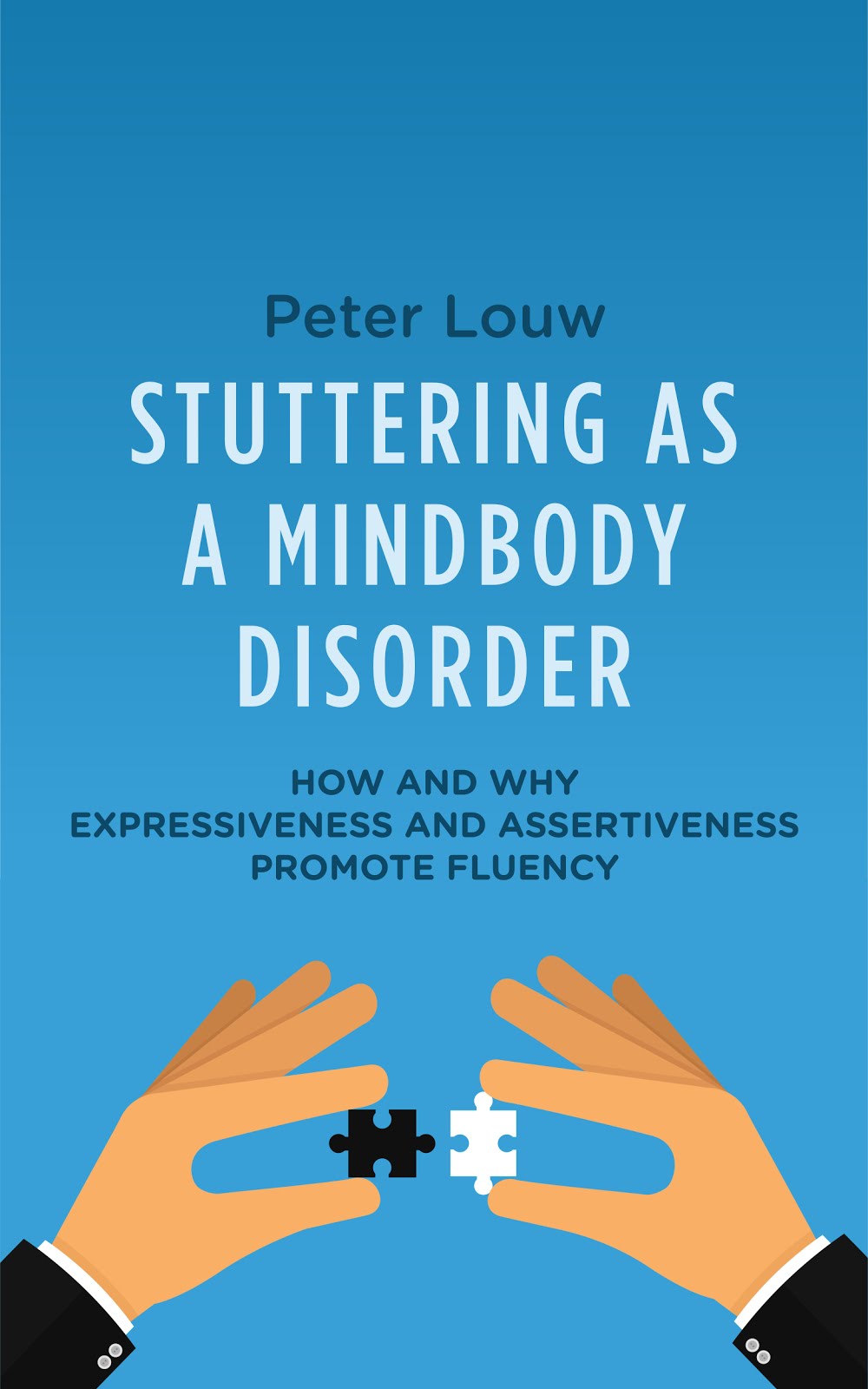This continues to be a hotly debated issue in the
stuttering community. The first point to keep in mind, however, is that people
who stutter (PWS) differ in the nature and severity of their dysfluency, in the way in which they respond psychologically to the disorder, and in their motivation to improve. A second
point is that quality speech therapy or guidance may not be available, so that
often people have no choice but to accept that their speech will not improve. Thirdly, effective stuttering management usually requires huge amounts of time and energy which not everybody has.
It is a
sad fact that, for some people, the effective management of stuttering seems
out of reach, whether because of the severity of their disorder, a lack of access to external treatment or support, or any of the other factors mentioned above. They may have tried everything to control
the disorder, but nothing has helped. For these people, acceptance is
essential. They should take care not to get lost in a never-ending,
soul-destroying, life-long quest for unattainable fluency, and should rather make
the best of things and positively adjust their lives within the limitations of
dysfluency. There is more to life than speaking well, and many people with far
more incapacitating disabilities live productive and happy lives within their
personal, insurmountable limits.
The issue becomes more complex with the many situational
PWS who enjoy some areas of fluency, particularly when not under stress, but
get stuck in stressful situations or when having to say certain sounds or
words. In these cases the disorder seems to be more pliable, more amenable to
change and improvement, so that the need for acceptance becomes less marked,
with effective management on the other hand becoming a real possibility.
Accepting the potential
Even
for these situational PWSs, however, a measure of acceptance is necessary.
Chronic stuttering is a deep-seated disorder. If you are a teen or adult
stutterer, the stuttering patterns in your brain are firmly established even if
you do have periods of fluency.
In addition, much of stuttering is
stress-related. Our speech system is vulnerable to stress, in all its many
forms; and because people are subject to varying degrees of stress every day,
it follows that the potential to stutter will always be there, even though we
may have found ways and means to manage it.






